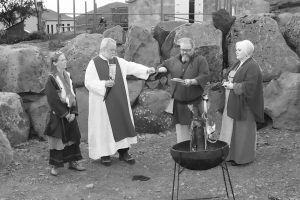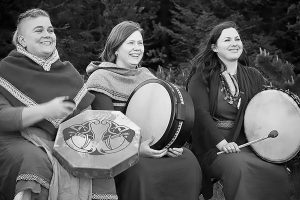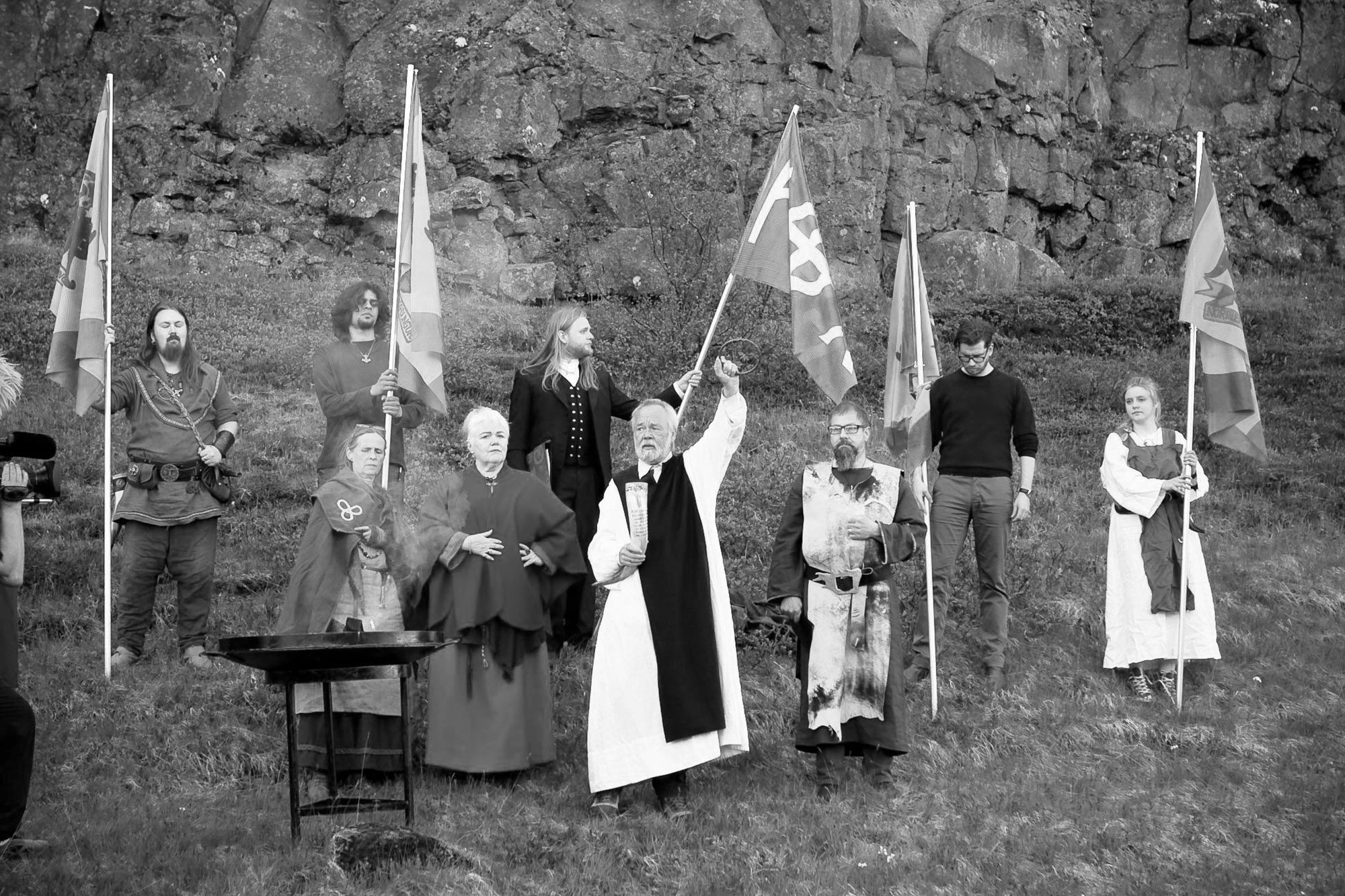Icelandic nationals who follow the “Ace” faith that includes a ‘bible’ of Nordic sagas are praying for a miracle after an attempt to build their first ever temple was slapped with an almost 2-million-GBP bill.
Despite being founded in 1972, the Ace religion has never had an official temple until the construction of the new Asatru pagan temple in the woodland area of Oskuhlid outside Reykjavik began.
But it is now 112 percent over budget with reports saying the final bill will be around 270 million ISK (1.8 million GBP).

It was set up to satisfy “the desire that Icelanders could have their own faith, and nourish it no less than imported religions”.
Members of the Nordic religion, which was the first officially-recognised pagan religious group in the world, believe in energy waves and imperfect gods who would prefer to be seen as “mates” to their human followers than supreme beings to be worshipped.
And it has now become so popular that their numbers have quadrupled in the last 10 years.
Iceland’s National Registry and Statistics office says that 4,472 people in the small island nation now consider themselves members of the Asatru Fellowship who follow the Ace religion.

The figure is nearly four times higher than the 1,154 Asatru Fellowship members recorded in 2008.
It means the fellowship has now become the fifth-largest religious organisation in Iceland and has the most followers of any non-Christian organisation.
It was founded in 1972 and follows the Ace religion which co-founder Sveinbjorn Beinteinsson says is based on hidden forces in the land.
Some experts have traced its roots back to the counterculture movements of the time as well as Icelandic nationalism.
One of the other founders of the fellowship, Dagur Thorleifsson, says that the Ace religion is centred on a general movement from an industrial civilisation back to nature.
There is no fixed theology in the fellowship that tends to lean towards pantheism or the belief that nature is the same as the divine. Pantheists, therefore, do not believe in a personal god.

There are high priests in the fellowship and a communal ritual called ‘blot’ which involves the priests declaring peace between those present. The ceremony also sees followers chanting and reciting verses from the Poetic Edda, a collection of Old Norse poems.
Those present then pass around a ceremonial drinking horn and toast their ancestors, the gods and wights (undead creatures).
The priests, known as ‘godars’, also carry out rituals for weddings, coming-of-age ceremonies and funerals.
According to local media, the fellowship has previously taken a stand on political issues such as abortion, gay marriage and the environment.
Reports said that the Asatru godars are considering launching a crowdfunding campaign to help towards the spiralling costs of the new temple although nothing has been set up yet.
To find out more about the author, editor or agency that supplied this story – please click below.
Story By: Bartosz Staszewski, Sub-Editor: Joseph Golder, Agency: Central European News




